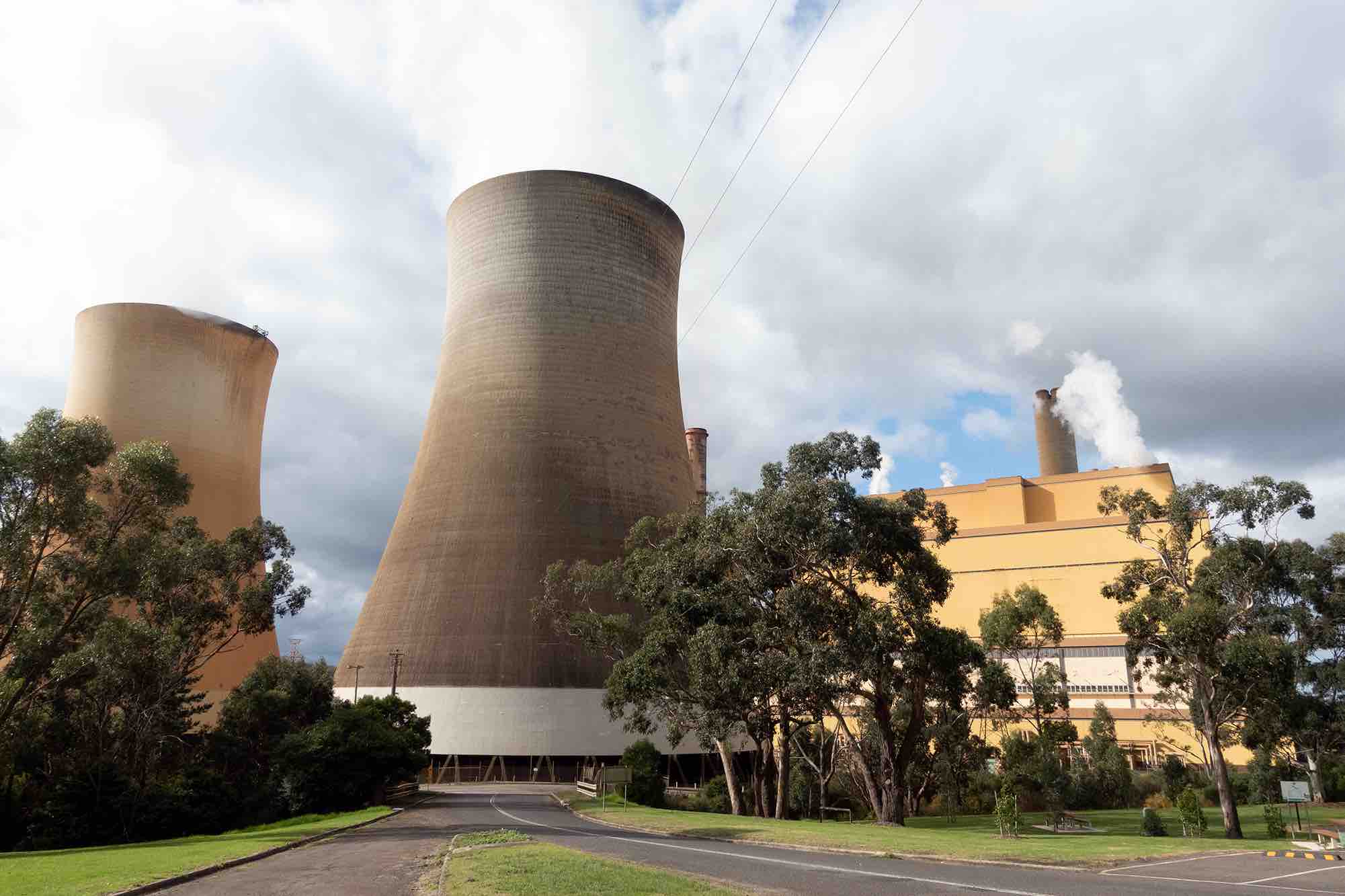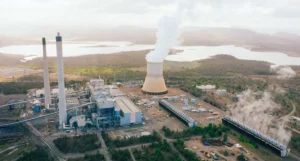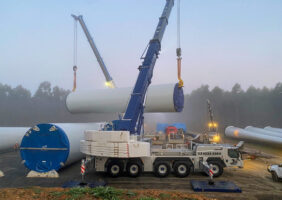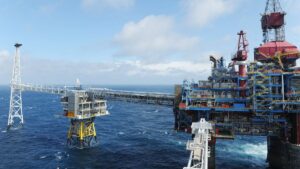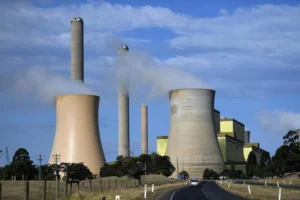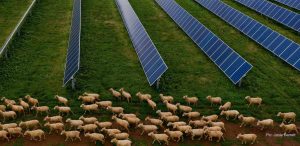Leading economist Ross Garnaut and former competition tsar Rod Sims have thrown down the gauntlet to politicians of all stripes to reintroduce a carbon price for Australia, calling for the implementation of a Carbon Solution Levy by 2030 as part of a new suite of policies being proposed by The Superpower Institute.
In a speech to the National Press Club on Wednesday, chair of The Superpower Institute (TSI), Sims, and its founder, Garnaut, will outline a path to future prosperity for Australia centred around its opportunities in the “post carbon” world.
The TSI policy package puts forward 15 recommendations, including the introduction of a number of funded measures to ease cost of living pressures and establish competitiveness in large and growing zero-carbon export industries.
The “most controversial part” of the proposal, as Sims himself puts it, is the Carbon Solution Levy – essentially a price on carbon that would be paid on all emissions from fossil carbon wherever they occur in the world, at the rate of recent prices of carbon permits in the European Emissions Trading Scheme.
The TSI says the fee would be “administratively simple,” and only impose transaction costs on just over 100 businesses. Meanwhile it would “unlock significant macroeconomic benefits” and help to fund innovation and rapid decarbonisation.
“Australia has active debates on productivity and tax. But no mention is made of climate change which should be central to both of these topics,” Sims says according to an advance copy of his speech.
“I get the fact that if you think the climate change science is rubbish then the idea of this fee is to be resisted. But claiming that climate change science is rubbish is a huge call; you had better be right.
“And whatever you think, all of the countries of the world have agreed to move towards net zero emissions, and most are making progress towards that goal. It happens that this creates great economic opportunities for Australia.
“Basic economics means you must price the damage that fossil carbon imposes on us all. Not to do so is to make it essentially impossible for green products to compete with currently cheaper fossil fuel products.
“Where is the incentive for business to bring about the transition? The Safeguard Mechanism is a great start and should be applauded, but at some stage we must move to a wider economy measure. The logic is inescapable.
“So today we are putting a market mechanism to deal with climate change back on Australia’s agenda via the CSL proposal. And contrary to the rhetoric of the past, all Australians can clearly be winners, except fossil fuel producers who need to pay for the damage their products cause our climate, our prosperity and our security.”
Putting a direct levy on carbon has been political kryptonite in Australia since the former leader of the Coalition Tony Abbott’s infamous “axe the tax” campaign, which succeeded in repealing the Labor Gillard government’s carbon pricing scheme in July 2014, barely two years after it had come into effect.
Since then, Labor government has actively distanced itself from any policies remotely resembling a carbon tax, with current energy and climate minister conceding that it is a hangover of Australia’s “climate wars” that has no cure.
“We know that the constraints from the climate wars make the implementation of the CSL impossible,” Garnaut says. “But not as impossible politically as accepting continued stagnation and decline in living standards.
“It is not as impossible as passing on to our children and grandchildren lower standards of living than our own parents and grandparents left to us. It is not as impossible as living with our failure to play our full part in the global effort to stop the bushfires and cyclones and denudation of our beaches getting worse.
“We expect that the established political parties will rule out this suggestion,” Garnaut will say. “That is the way ideas for efficiency-raising reform are discussed in contemporary Australia. That will not be the end of the matter. If there is continued community interest and growing support, political leaders will come back to it.”

